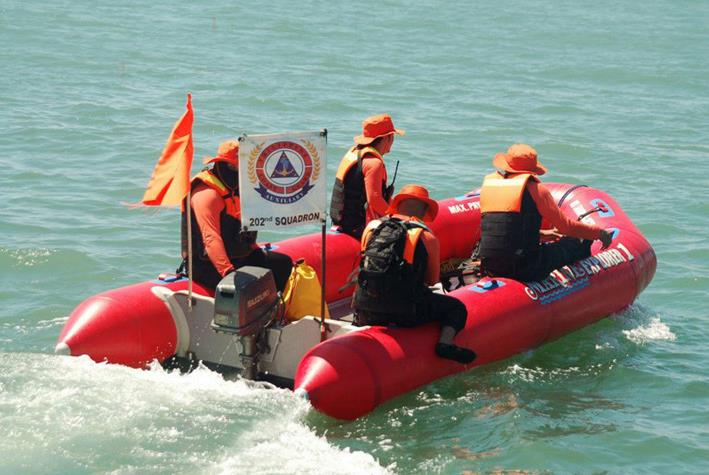On Thursday, a Chicago woman was given a sentence from a federal court in regarding to her making a false distress call roughly two years prior to the conviction, which resulted in several agencies starting dangerous search and rescue operations in Lake Michigan off Rogers Park Beach.
The 24-year-old Leone Chewning received a 180-day sentence of community confinement, a 3-year probation period and a restitution in the amount of $13,613 due to her causing knowingly and willfully the Coast Guard to put man power and effort into the saving of lives and property when there was no need for such action, which directly violates Title 14, U.S. Code, section 88(c).

Back in January, Chewning pled guilty during her arraignment before Charles Norgle, U.S. District Judge, in a Chicago federal court.
Not long after 9 p.m. on February 4th, 2013, Chewning decided to call Chicago 911 from Rogers Park Beach in order to give a distress signal regarding a person in the freezing water just off a seawall. A Wilmette Harbor Coast Guard Station rescue team responded to the call via land.
Upon receiving the notification the Coast Guard also appointet another team from Air Station Traverse City, Michigan aboard a Dolphin helicopter. Members of both the Chicago Fire and Police departments also sent personnel and employed assets.
Divers from Chicago’s Fire Department went into the water near the location where supposedly a man fell in as stated by Chewning, but they were unable to discover anyone. Later on Chewning admitted to having made a false call. The case was then given to the Coast Guard Investigative Services as well as to the US Attorney’s Office.
Hoax calls of this type not only put in danger the lives of the responders but also limit the valuable resources needed by people in actual distress situations.
It is regarded as a felony to deceive the Coast Guard and one can receive six years of prison time, a fine in the amount of $250,000 and having to reimburse the Coast Guard for the expenditures regarding the search operation.
Even though hoax calls are regarded as a felony, the Coast Guard advices people that believe they are in trouble to call even if their situation happens to change and they are no longer in distress when the appointed officials arrive. In a case like that, boaters are to always send notification to the Coast Guard that they no longer require assistance in handling the matter.